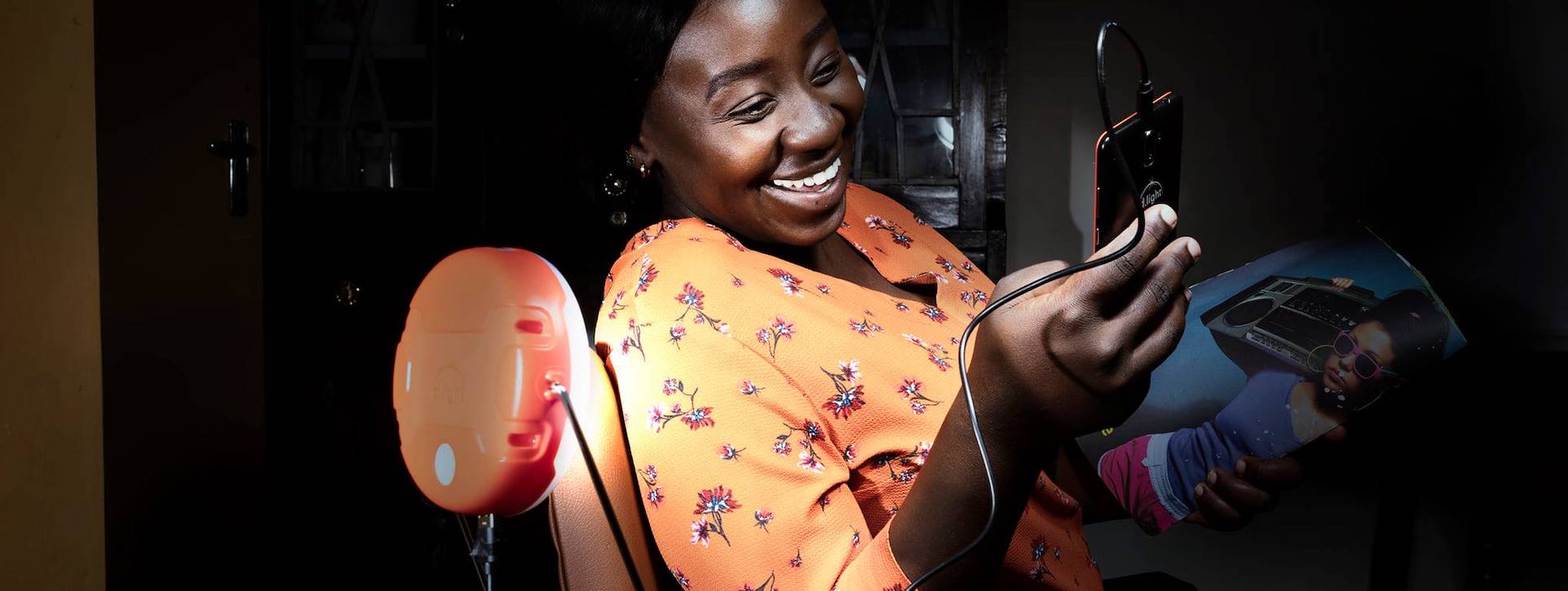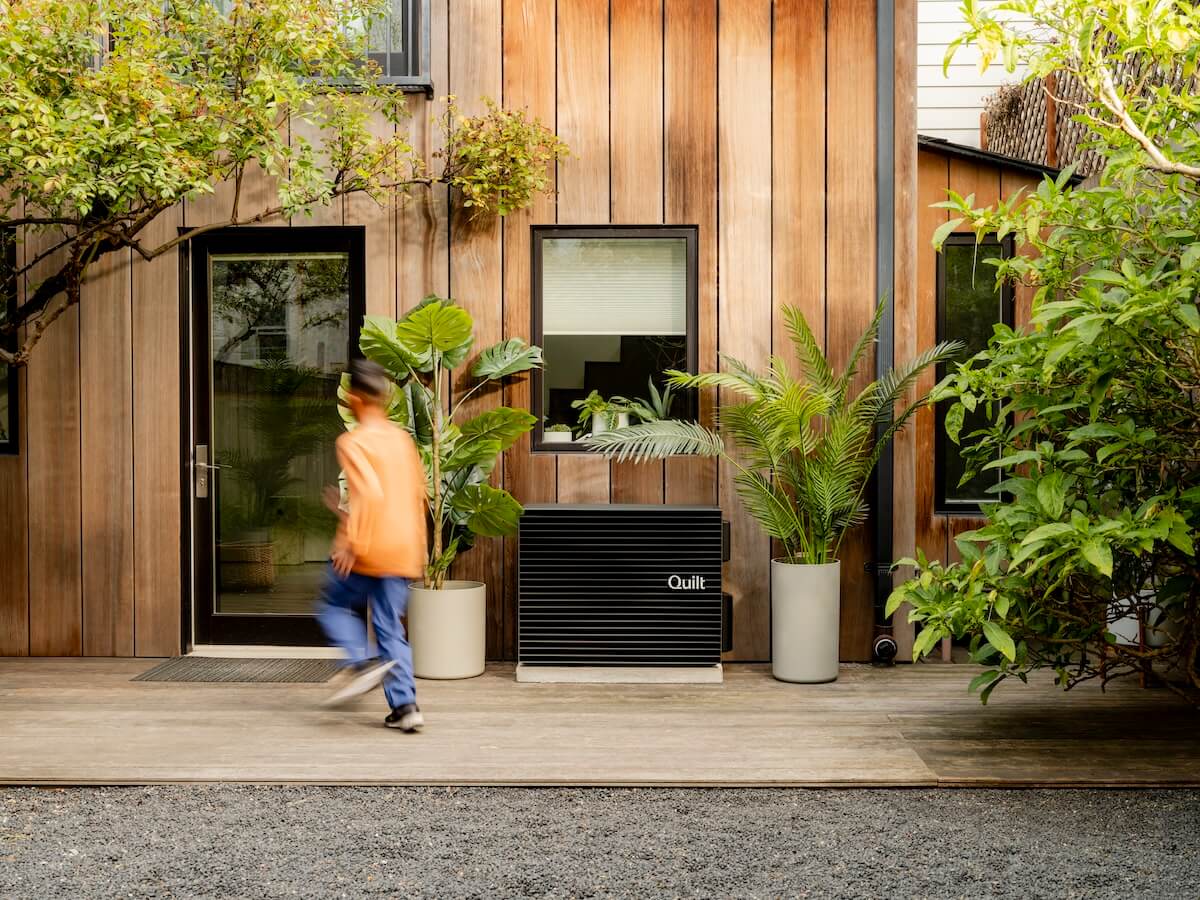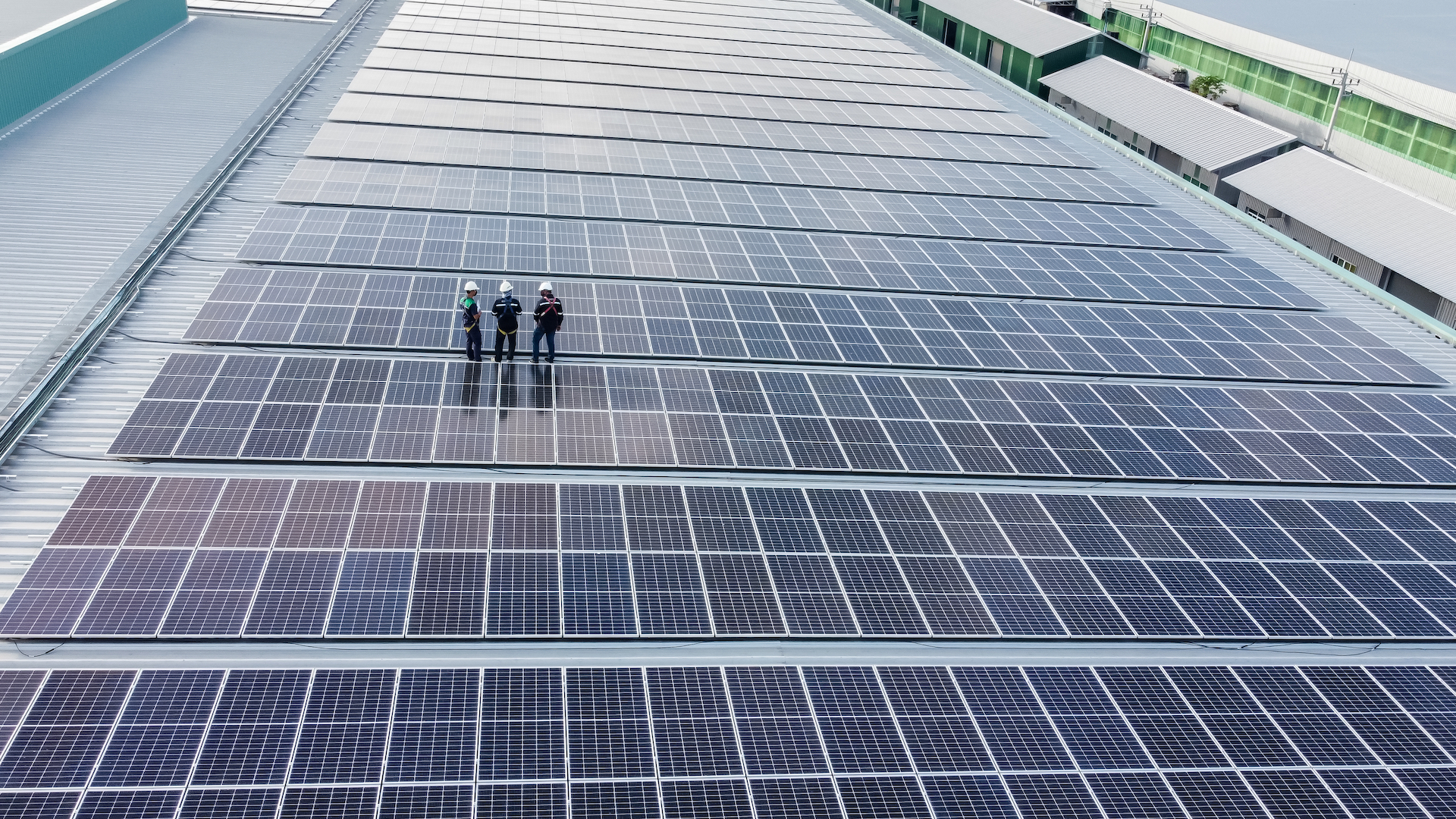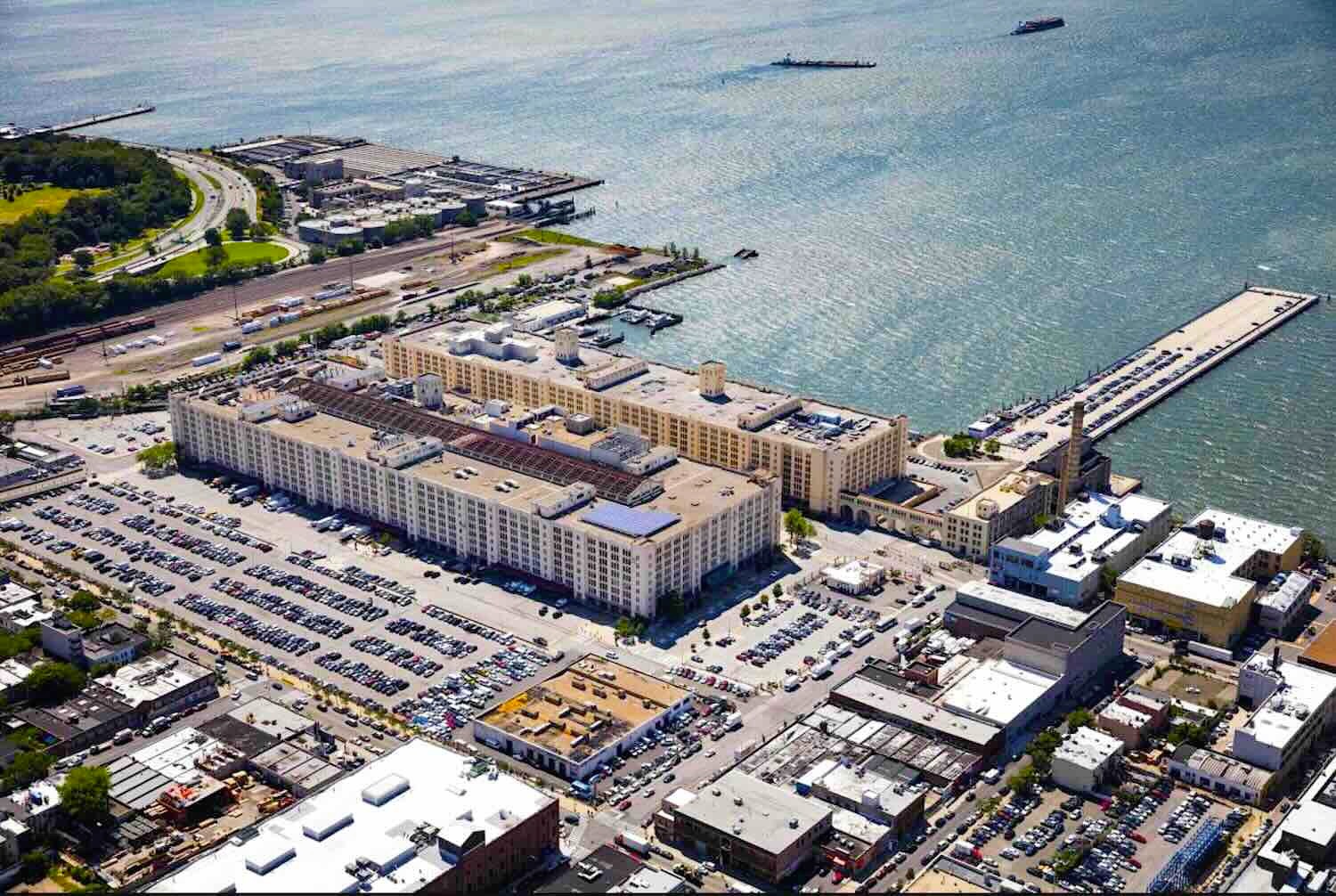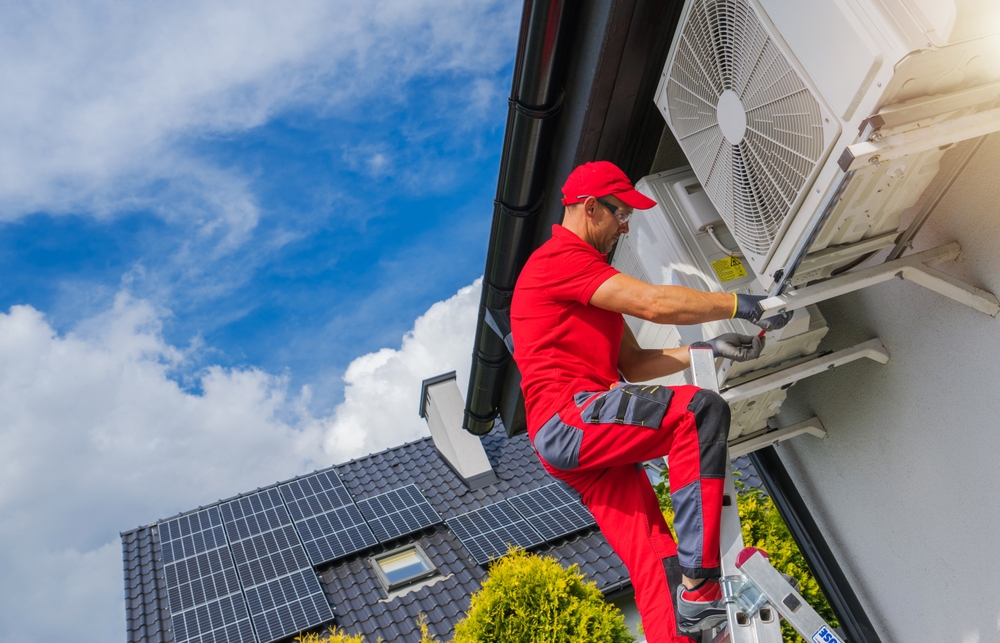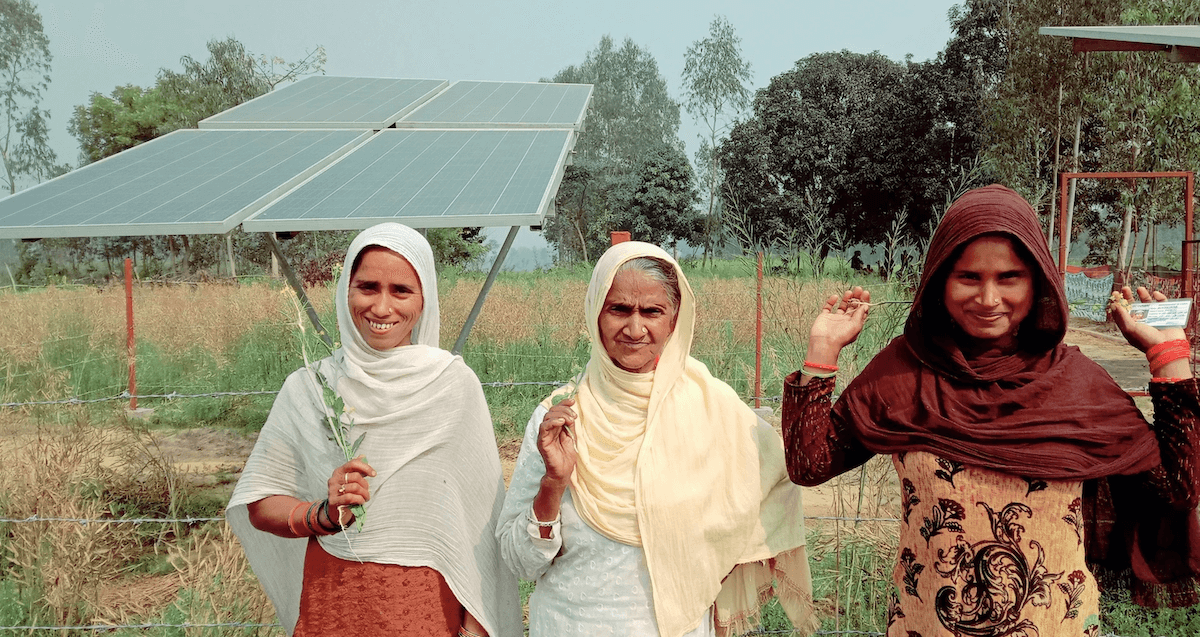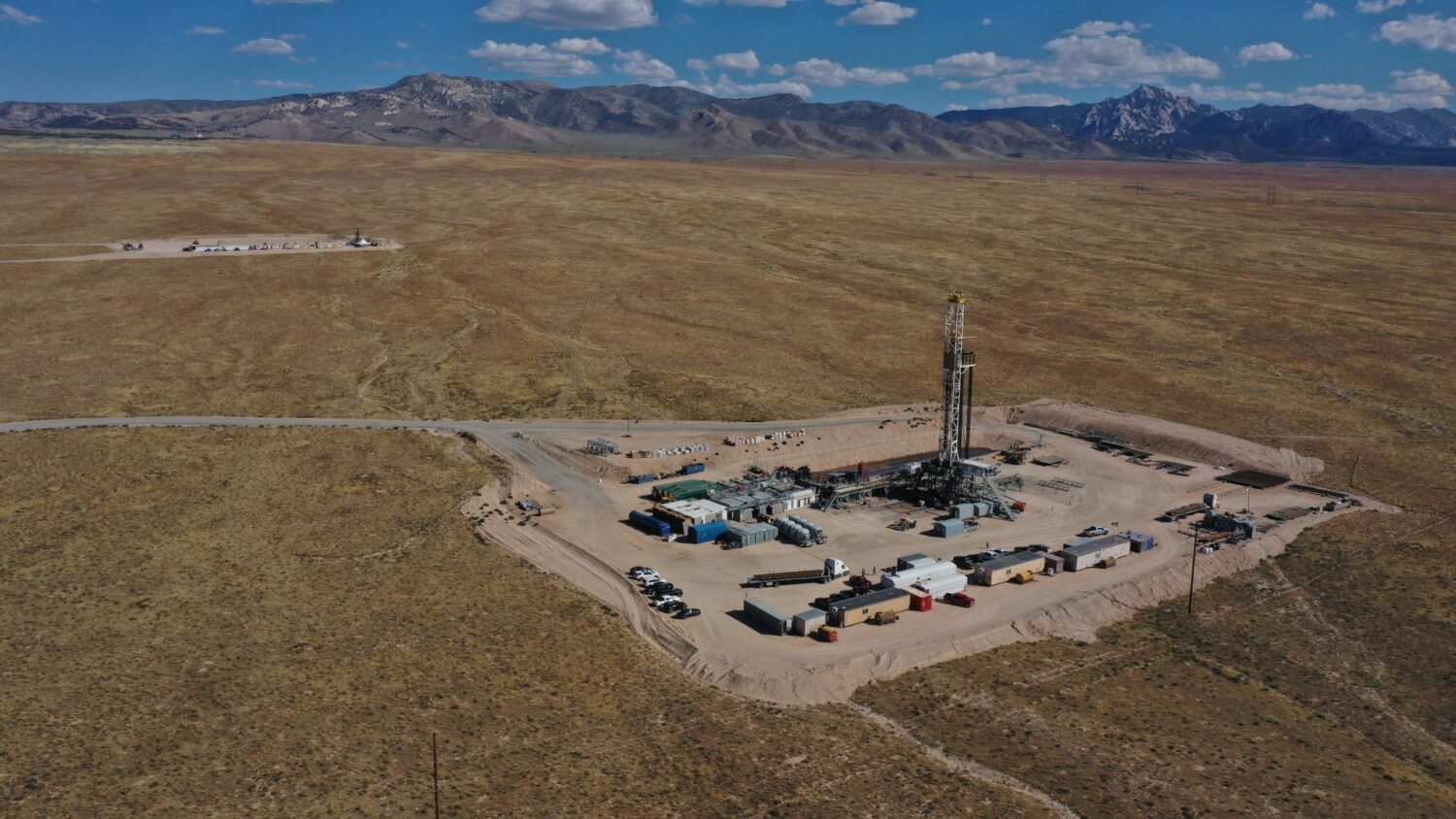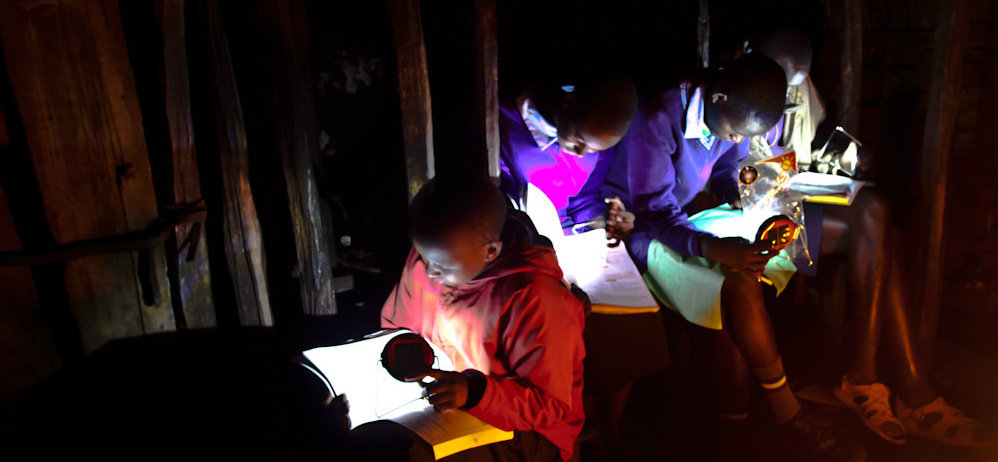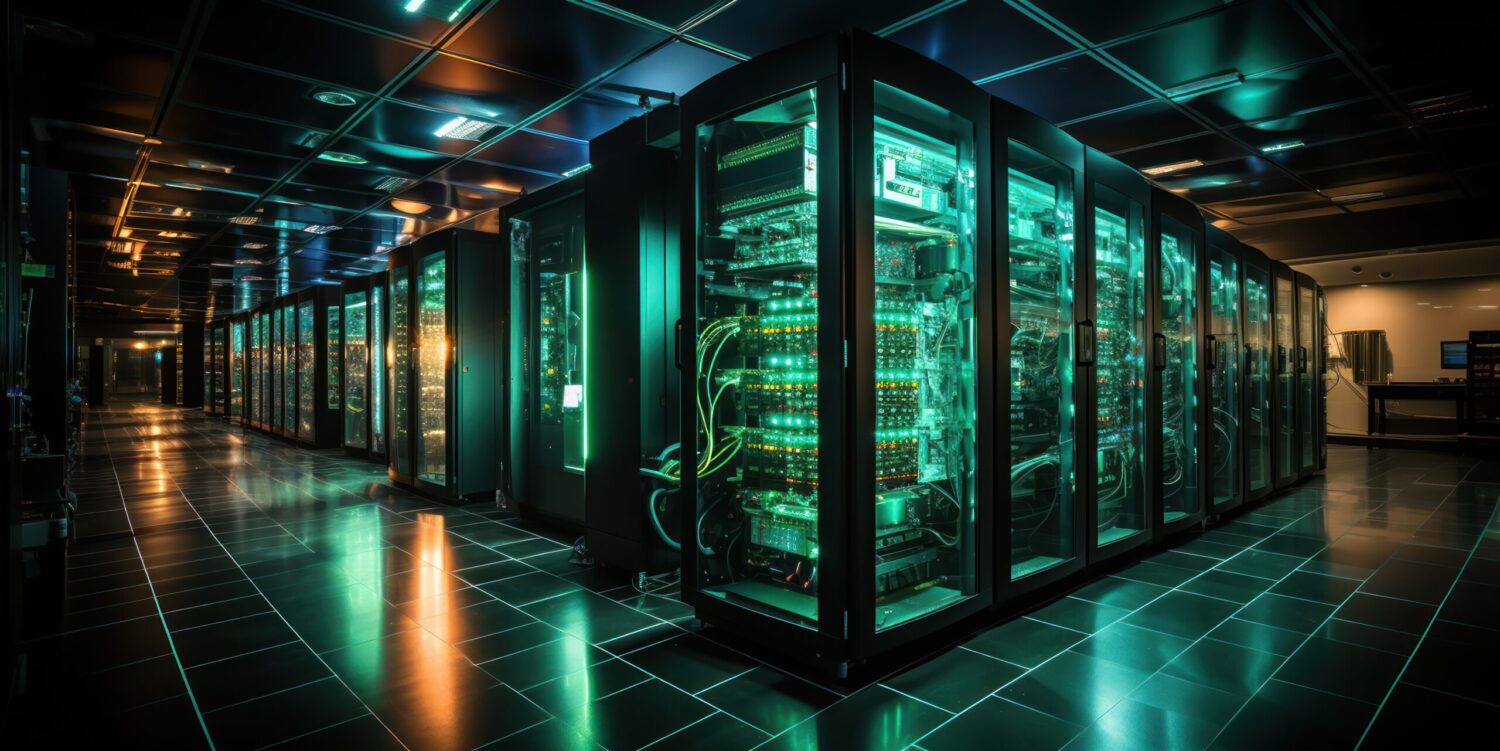ImpactAlpha, August 14 – Africa’s solar standouts are enjoying a moment of sun in an otherwise frosty investment climate.
Led by the industry’s biggest developers, distributors and financiers, providers of small-scale solar products raised nearly $550 million in the first seven months of the year, according to data from Africa: The Big Deal. The off-grid solar sector raised $746 million in all of last year, up from $457 million in 2021, venture capital’s boom year.
The funding growth is validation for a sector once considered too costly to reach scale. But the success of a handful of incumbent players in claiming the lion’s share of capital belies the slow going for up-and-coming off-grid providers still seeking capital.
“On the one hand, you hear about these big raises. On the other, you hear just how tough the funding environment is. And I think both of those are true,” says Ned Tozun, co-founder of d.light, which has been serving off-grid or poorly-connected African households since 2007.
D.light is among the lucky few. The San Francisco-based pay-as-you-go solar product designer has arranged a $30 million debt facility from TDB Group, a trade and development bank for eastern and southern Africa, with the possibility to securitize up to $125 million in receivables over time.
The investment follows d.light’s $50 million debt financing last year and brings its total securitized financing to $490 million since 2020. Securitized financing enables d.light to move loans to customers off of its balance sheet, freeing its capital to finance new customers. The company continues providing customer support for its products.
The use of receivables and cash flow securitizations in off-grid solar signals investors’ confidence in data that suggests low-income and rural customers are reliable borrowers – at least when it comes to customers of the now-established incumbents in the off-grid solar market.
D.light and off-grid solar peers M-Kopa and Sun King have together claimed more than three-quarters of all off-grid solar funding in Africa so far this year. M-Kopa claimed $255 million in a mix of debt and equity in May. Sun King raised $130 million in debt, also in May, following a $330 million Series D equity round last December.
Small players are still finding a niche in smaller markets: Yellow, which delivers solar home systems in Malawi, Rwanda and Madagascar, in June raised $14 million from Convergence, Energy Entrepreneurs Growth Fund and Platform Investment Partners.
“It would be hard if you’re now coming in as a new player and wanting to compete,” says Tozun, who is also on the board of the Global Off-Grid Lighting Association, or GOGLA. “People underestimate the operational complexity to run a pay-as-you-go business.”
Solar shakeout
With a handful of established players in the market, investors seem to prefer backing existing models rather than make new bets.
It took d.light the better part of 15 years to crack the product design, distribution and financing aspects of the off-grid solar business. When it launched in Kenya in 2007, d.light was an outlier in the then-costly solar industry as it built its business around rural and low-income customers.
Along with Sun King (then Greenlight Planet), Zola (then Off-Grid Electric), M-Kopa, BBOXX, and many others that have since failed or were acquired, d.light pioneered the pay-as-you-go solar space with early capital from impact-first investors, product standards and troves of customer data.
Billions of dollars have since been invested in off-grid solar companies. Well-capitalized, incumbent players adopted a range of strategies, and snapped up smaller or sector-adjacent companies. Fenix International was acquired by French utility ENGIE. Mobisol went bust before being acquired, also by ENGIE. M-Kopa refocused its strategy on payments, and now finances more smartphones than solar products. Zola expanded its product line to serve larger and more urban customers. BBOXX acquired PEG Africa. Sun King acquired PayGo Energy.
“It’s pretty natural in almost any industry to have a proliferation of players and then consolidation,” says Tozun. “It’s just part of the lifecycle of our industry,”
The companies that failed forced investors to take substantial write-downs. Tozun speculates that other investors are concerned about the lack of exits in the sector.
“I think investors are kind of wary of the space,” reflects Tozun. “There was a huge inflow of equity in 2016, 2017, 2018 – at very high valuations. That probably led to companies being over-valued. Some were getting more funding than they could handle.”
Changing market dynamics have had an impact on the types of capital and investors coming into the space. Debt is accessible, but only to incumbent players. Equity is scarce to just about everyone.
“The equity environment is much more challenging,” he says. “It doesn’t make sense for equity investors to play unless the company is going to be among the top of the pay-go space or unless they have a unique differentiation.”
Bank financing
The pandemic set back a decade of accelerating access to energy; the number of people who live without any access to electricity is now more than 730 million people worldwide. A third of the world’s population lacks reliable energy. An estimated $2.3 billion is needed annually to close the global energy access gap and meet Sustainable Development Goal No. 7 targeting universal access to affordable, reliable, sustainable and modern energy.
One promising trend is the emerging interest from commercial banks. Banks have until very recently been reluctant to finance the pay-as-you-go solar sector because of the costs and perceived risk of lending to low-income, rural customers. That’s changing, owing to the longevity and growth of players like d.light, Sun King, Bboxx and others, and, importantly, credit data on their customers.
D.light used customer purchasing and repayment data to raise its latest debt round. The company securitized current and projected receivables from customers in Tanzania into a new local currency debt facility that will finance growth in the market. The company can eventually use the facility to leverage up to $125 million in receivables.
Sun King in May inked a similar agreement with Stanbic Bank Kenya, Citi, British International Investment and other investors for $130 million to finance expansion in Kenya.
Banks didn’t get there on their own, however; it took catalytic capital from international development finance institutions to mainstream off-grid solar securitizations. The US International Development Finance Corp. anchored d.light’s first securitized debt facility in Kenya. British International Investment supported Sun King’s recent securitization deal.
“It’s great to see the local banks come in. We’re so appreciative of the DFIs – they’ve really made the whole securitization space possible. It just wouldn’t have happened otherwise,” says Tozun. “We would love for them to continue participating as we do more of these structures.”

